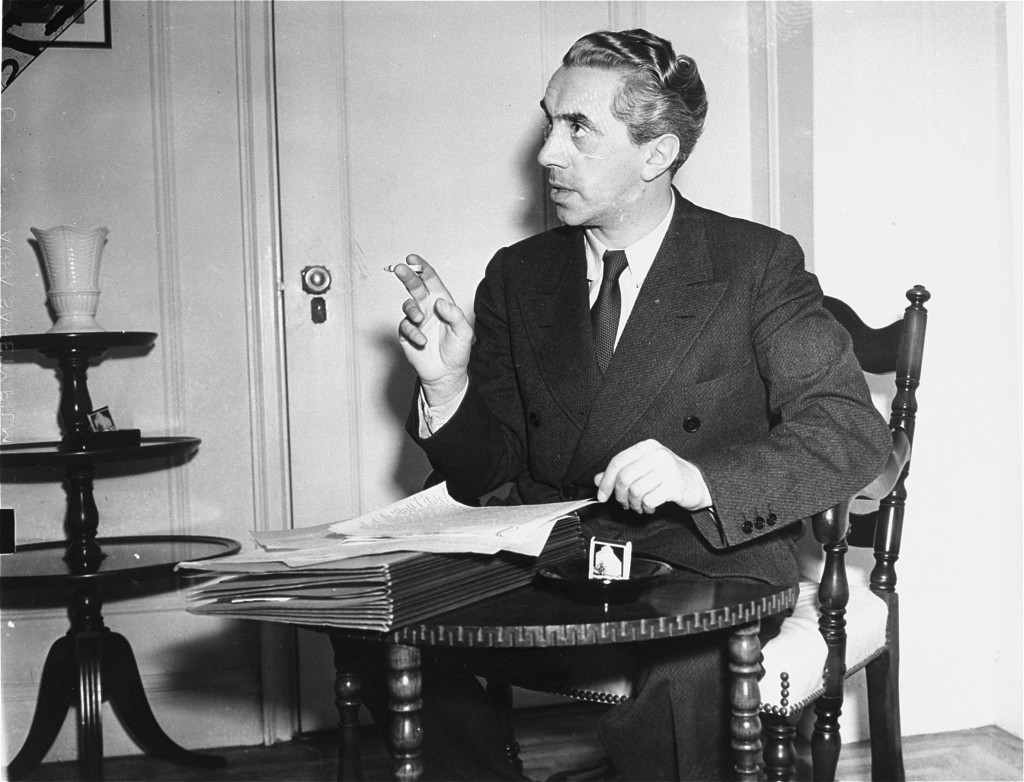
Ernst Toller
In 1933, Nazi students at more than 30 German universities pillaged libraries in search of books they considered to be "un-German." Among the literary and political writings they threw into the flames were the works of Ernst Toller.
Excerpt
Through the bars of my cage
I see the children playing.
Crammed into narrow cells,
prison years...torture years...
Germany,
your sons will
not play with children
for many years.
—in Das Schwalbenbuch (The Swallow-Book), Ernst Toller, 1923
Which of Ernst Toller's Works were Burned?
All works published before May 1933
Who was Ernst Toller?
German Jewish dramatist Ernst Toller (1893-1939) ended his law studies early to volunteer for military service in World War I. He was wounded during fighting at Verdun, and was dismissed from service in 1917. Discarding his previous nationalism after his bitter wartime experiences, Toller resumed his studies in Munich and founded a pacifist student organization. Toller also joined the Independent Social Democratic Party of Germany and became a leader in Bavaria's revolutionary movement. Arrested in 1919 and sentenced to five years in prison for high treason, he wrote some of his most successful plays while incarcerated. Toller was one of the best-known German dramatists of the 1920s. In numerous publications, he also warned against the rise of Nazism, predicting that Adolf Hitler would undo the social gains of the Weimar Republic with one stroke of the pen.
The immense popularity of Ernst Toller's plays was considered dangerous by the regime and Joseph Goebbels declared Toller Nazi Germany's 'political enemy number one.' His works were burned during the book burnings of 1933. Toller was forced into exile in Switzerland, France, England, and eventually the United States. He continued to try to warn the world about the dangers of Nazism, arguing that the civil war in Spain was Nazi Germany's rehearsal for an approaching European war. Toller committed suicide in New York in 1939.
Critical Thinking Questions
- How did the German public react to the book burnings? What was reaction like outside of Germany?
- Why do oppressive regimes promote or support censorship and book burning? Why might this be a warning sign for mass atrocity?

